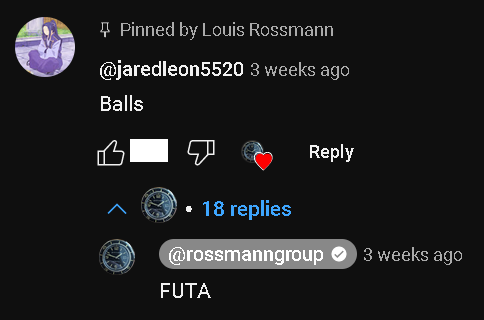Pinned comment:
Comment by @jaredleon5520:
Balls
Reply by Louis, @rossmanngroup:
FUTA

Summary
- The speaker discusses why algebra does not belong in activism, using the analogy of algebra being confined to a small room in high school.
- Activists unintentionally create algebraic equations in conversations, making listeners feel like they have to solve a problem by working backward.
- People resist change when they feel judged or told what to do, even for a good cause.
- Emotions and reactions play a significant role in activism related to climate change and COVID-19.
- Trying to change people's minds by shaming them or making them feel like bad people is ineffective.
- Presenting genuine truth and benefits without shaming is more likely to lead to positive outcomes.
- Advocating for the right to repair electronics without shaming individuals for their choices.
- Emphasizing the importance of personal investment in the issue and avoiding making individuals feel like the bad guy.
- Sharing factual information and evidence to encourage people to care about the issue without resorting to shaming tactics.
- Making activism relatable and not making the person you're talking to feel like the bad guy is crucial.
- People are conditioned to want to believe they are good humans and will believe lies if given the right incentive structure.
- Guiding someone to an idea by showing them the benefits or excitement of repair work is more effective than shaming them.
- Focusing on positive reinforcement rather than negative criticism to gain support for a cause.
- Not framing arguments in a way that makes people feel bad or obligated to agree is important.
- When people feel attacked or forced, they become irrational and resistant to reasoning.
- Presenting options as rights rather than obligations to foster a more positive and open response.
- Encouraging reflection on how to effectively communicate beliefs without alienating others and stressing the value of offering choices for repair rather than imposing mandates.